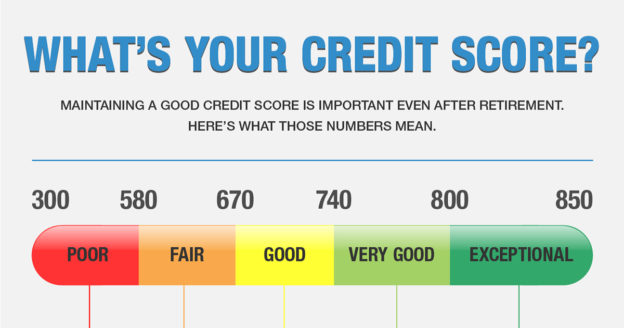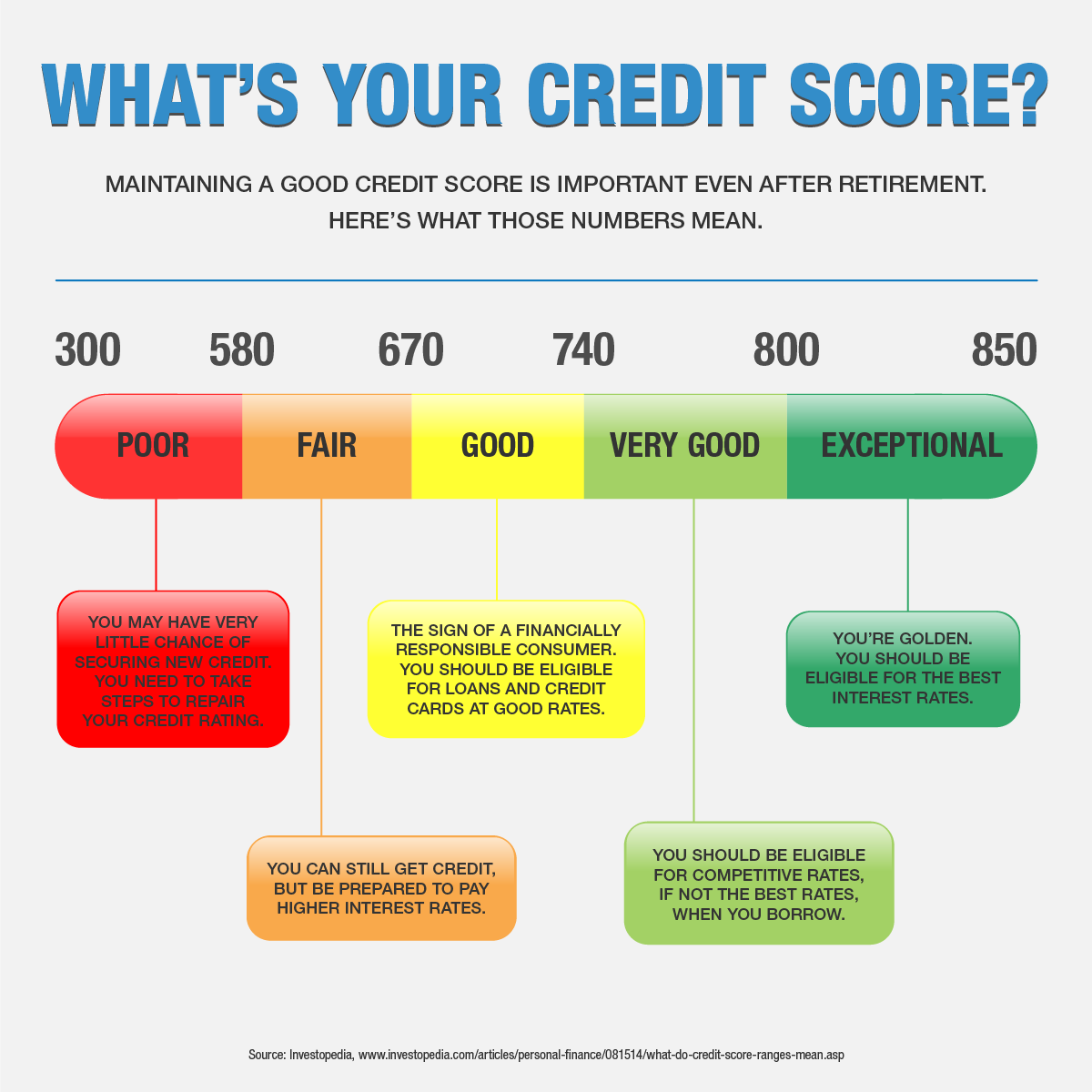
Whether you’re 22 or 52, you should be planning for retirement. Your NYSLRS retirement benefits will be based on your tier, years of service and final average earnings. For most members, age is also an important factor in your NYSLRS benefits and it’s a factor for Social Security and retirement savings strategies as well. So, as you plan for retirement, consider these age milestones.
Age Milestones
Under 50: It’s never too early to start saving for retirement. Even modest savings can add up over time as investment returns grow and interest compounds.
50: The Age 50 and Over Catch-Up provision allows you to save more pre-tax dollars in a retirement account starting in the calendar year in which you turn 50.
55: The earliest age most NYSLRS members can begin collecting a service retirement benefit. (This does not apply to members in special retirement plans.) Your pension may be permanently reduced if you retire before your full retirement age.
59½: The age you can start withdrawing money from a tax-deferred retirement savings plan, such as an IRA, without facing a potential federal tax penalty. (The penalty does not apply to New York State Deferred Compensation Plan savings if you are retired or have left public service.)
62: Full retirement age for your NYSLRS benefit if you are in Tier 2, 3, 4 and 5 or PFRS Tier 6. Earliest age you can begin collecting a Social Security pension, but the benefit would be reduced. For more information about Social Security, read When to Start Receiving Retirement Benefits.
63: Full retirement age for your NYSLRS benefit if you are in ERS Tier 6.
65: Age most people are eligible for Medicare benefits.
66: Full retirement age for Social Security if you were born from 1943 through 1954. Add two months for each year from 1955 through 1959.
67: Full retirement age for Social Security if you were born in 1960 or later.
70: If you do not take your Social Security benefit, your benefit will increase each year until you reach age 70. Delaying Social Security after 70 will not increase your benefit.
73: Generally, if you have tax-deferred retirement savings and are no longer working, you must begin withdrawing some of this money when you reach a certain age. Under a recent change in federal law, you must start taking “minimum required distributions” at age 73. The minimum age had been 72, and the change does not affect those who turned 72 before the end of 2022. This age milestone will increase to 75 in 2033. Required minimum distributions do not apply to your NYSLRS retirement benefits.
One Last Number: Having a rough idea of your life expectancy is essential to retirement planning.



